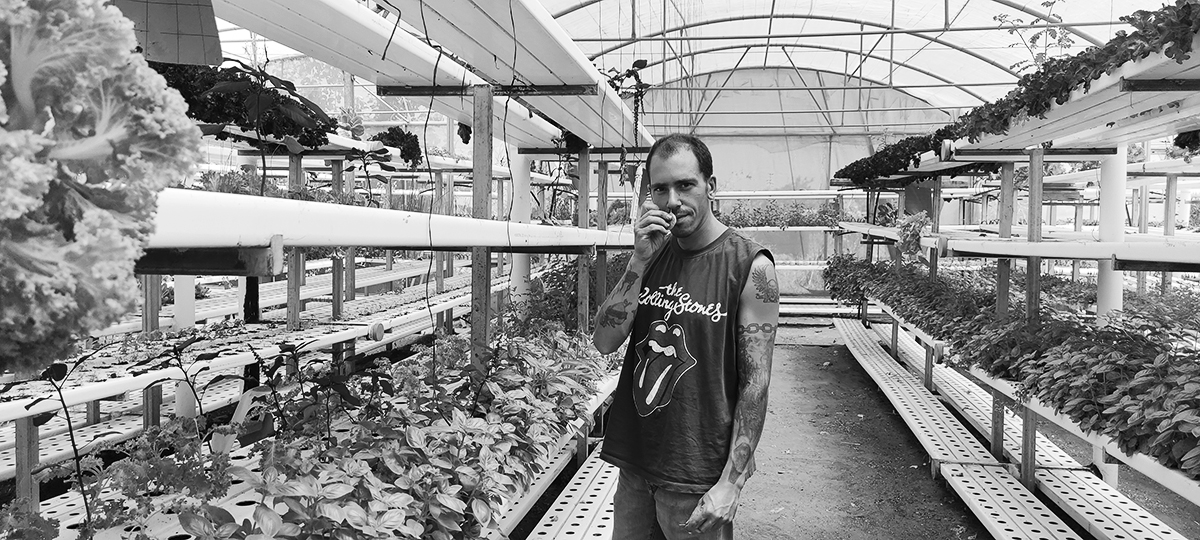Tarek Rabah was punk musician. Today he grows cucumbers, tomatoes and arugula. Can people like him help the Lebanon to get out of the food crisis?
Lebanon is blessed with Mediterranean weather, plenty of sunshine in spring and a considerable amount of water when the snow on the mountains melts and flows into the valley. But over 65 percent of the food comes from abroad. Even sesame, fava beans or chickpeas, which could actually be grown in Lebanon, come from Sudan, Great Britain or Mexico. 96 percent of grain has come from Ukraine and Russia. With the war, people are queuing up to buy bread at bakeries in Lebanon. Some have to send the customers back home. The bakeries lack flour.
The dependence on imports has grown historically. After the civil war, which began in 1975 and ended in 1990, those in power were not interested in growing what the population could eat. Instead of supporting the agricultural economy, they privatized land for real estate deals and lured service providers and financial investors with the prospect of quick profits.
A new generation of farmers is challenging the status-quo. They work to get the food sovereignty back.
The reportage about organic farming in Lebanon was published in taz.
